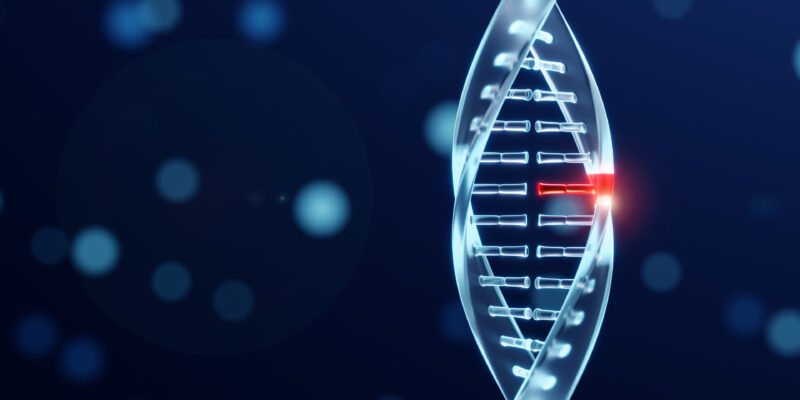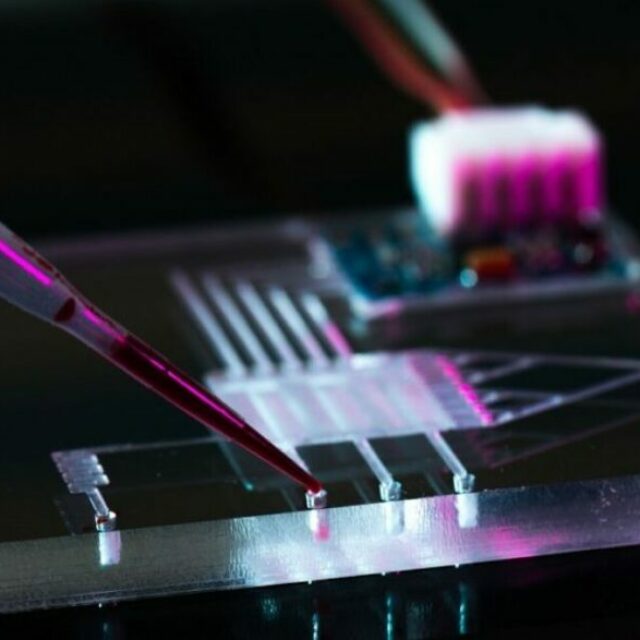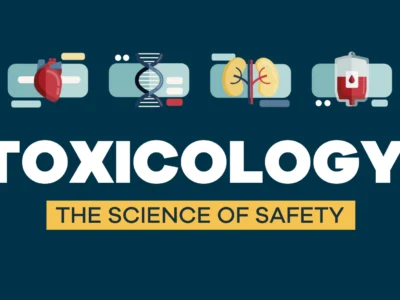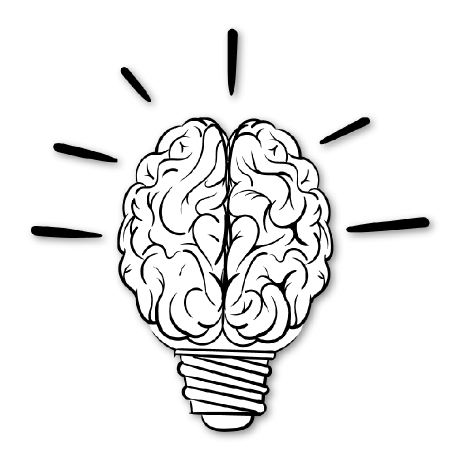
HOW EPIGENETICS CAN EMERGE AS A WEAPON AGAINST AGING AND METICULOUSLY CURE CERTAIN DISEASES
So far, we are quite acquainted with the term “GENETICS”. Since Mendel’s extensive work on the garden pea plants received recognition, “GENETICS” has been a part of talk and there was no looking back. Sometimes we do ask a very relevant question, why did it take that long span of time to divulge on this highly sought-after field? Just because over the decade, biologists have been able to appreciate more mathematical or statistical approaches in the relevant fields of BIOLOGICAL SCIENCES. Remember, now we don’t differentiate more as we define our lives based on requirements with a vast range of diversity for further refined approach not just for the sake of performing experiments but for the welfare of the entire BIOSPHERE.
Even more interesting fact is, the revolutionary precision of Darwin’s theory came up and collided with Mendel’s abstract on the inheritance of genetic factors, passing on to the next generation when still genes were not defined (those were simply termed as “Factors” by Mendel). Since then, we have travelled so far, from analyzing the Monohybrid and Dihybrid crosses, determining the genotype of an unknown sample (TEST CROSS), Dominance of a trait for the gene expression, how Incomplete Dominance, CO-Dominance, Multiple Alleles are influencing the gene expressions, Chromosomal theory of inheritance (Linkage, Crossing over, Independent Assortment, Recombination etc.), Heritability, Chi-squared value or P- value for far more statistical approach where we can either accept or decline any hypothesis based on P- value (should be >0.05 for accepting the very Null Hypothesis), variation caused by gene expression, interaction between phenotype and environmental factors, where we can observe the phenomenon like Penetrance, Expressivity, Mean deviation from the expected outcomes, Genetic Drift, Mutation, variation leading to certain reproductive fitness and thereafter coming under the criteria of natural selection of a more sustainable or desirable trait for a particular organism, survival of the fittest, competition (within a population or amongst two or more populations), inheritance of the naturally selected character and eventually , gradual formation of a new species specifically calling it EVOLUTION seeing through the windows of the vast GENE Pool.
To sum up, we’ve come across several distinct hypotheses, arguments, theories, assumptions, drawbacks in this field of genetics and nowadays it’s in full swing drooling over other relevant fields of science and technology. Even Biotechnology is the kind of methodical approach in producing Genetically Modified Organism (GMO) that’s been triggered by the raw conception revolving around genes and its expressions.
“Epigenetics” might be a new term to some from non-biological backgrounds but to the biologists it’s nothing new, just they have more refined methods which can turn out to be a game-changer in all respects.
So basically, “Epigenetics” is a way more specific approach which can be described as “Changing the gene expression i.e., phenotype without having a single change in the genotype for particular characteristics”. We can say sometimes it’s spontaneous or even might be induced. If we want to look for some real examples of naturally occurring Epigenetic outcomes, it’s always there. Mostly we have noticed in our daily lives, there are kids who have certain features (genetic expressions) which are noticeably absent in their parents (let’s say the kid got blue eye color despite having dark eyed parents). But sometimes we can induce the changes in phenotype according to our preferences by “Methylation” (a very much preferred method for inducing Epigenetic changes).
So now, the question is, how can Epigenetics play a key role in the aging process? Is it possible to reverse the aging process?
Over the past decade, a growing number of studies have revealed that progressive changes to Epigenetic information accompany aging in both dividing and nondividing cells. Epigenetic changes have a huge influence on the aging process. These changes can be inculcated by reduced bulk levels of the core histones, altered patterns of histone post-translational modifications, DNA methylation, replacement of canonical histones with histone
variants and altered non-coding RNA expression during both organismal aging process and replicative senescence.
Various scientists are working just to answer these questions elaborating the exact scenario fuelling the changes further at the very molecular level in an organism. Extensive research works in this field made it possible that now we can answer these questions to some extent. As we all know, Mice or Drosophila melanogaster have always been favourite “GENETIC MODEL SYSTEMS” for any experiments.
Especially what was observed is far more interesting to have an insight to the world of aging through the lenses of Epigenetics, we need to have a clear idea about the influence of Epigenetics in aging. So, we got very precise epigenomes which break down inducing the aging effect bit by bit. So, to prevent aging we must slow down the process of the damage of epigenomes. What causes the damage of epigenomes?
There are several factors affecting:
1. Sudden temperature change
2. Lack of physical activities
3. High amount of Amino Acids
4. UV rays
5. Any sudden exposure to those elements which can affect the overall “Homeostasis”.
And all these things follow for each existent species on earth including human beings.
As human beings tend to be more intimidated by the gradual aging process, there are always hacks to prevent aging through Epigenetic Modulation where we just change the outcome (gene expression), and we can manage not affecting our epigenome by these following steps:
1. Having controlled exposure to temperature change
2. Keeping away from the harmful UV rays as much as possible
3. Having work-out sessions
4. Having a balanced diet (where Amino Acid or protein intake is restricted)
5. Having a healthy lifestyle
Now getting back to the recent scientific observations in mice (treated with epigenetic modifications to analyse the aging process, its prevention and discussing reverse aging). The researchers claimed to have successfully experimented that when several old mice were treated under epigenetic changes, by inducing certain factors mostly enzymes, the breakdown of epigenome was restricted and now they had the gene expression of agility or running speed but still sticking on to their actual genotype. The group of researchers observed the now modified old mice to be running more efficiently than their younger counterparts, having epigenetic phenotype expressing and controlled breakage of epigenome.
And now we can ask, what about reverse aging? So, in another experiment bringing in the sunlight was far more fascinating with the same process of inducing chemical changes to the specific Loci, they’ve been able to cure blindness in mice. Sounds amazing, isn’t it? So, yes, they treated the mice (now obviously with different chemical factors) to such an extent that it induced minimal changes in the epigenomes and further caused reverse aging
for that particular trait. To clear the air, basically, the mice have been found to be having eyesight till the age of 2 months, then somehow, they were affected by blindness. Scientists have been able to reverse back to the state when the mice got eyesight following epigenetic methods, that means it’s not that the mice have been 2 months old now, no, but the age of mice eyes have been reversed in that sense that now they can see properly due to the drastic phenotypic modifications and prevention of epigenomic damage.
Several arguments float around this concept but it’s been experimentally proven that Epigenetics can not only lead to the proper understanding of the aging process but also can be used as a fine weapon against fatal genetic disorders as well as Cancer. So, we’re already getting numerous benefits. These things might seem to be superficial or non-applicable for complex organisms but it’s possible at every level. More we stick to the wider exposure, the more knowledgeable we are, and we can come up with diverse ideas
for our own benefits.
REFERENCES
1. Epigenetics and aging – PMC (https://www.ncbi.nlm.nih.gov)
2. THE EPIGENETICS REVOLUTION by Nessa Carey
3. THE SELFISH GENE by Richard Dawkins
What is your reaction?
Excited
1
Happy
1
In Love
2
Not Sure
0
Silly
0







